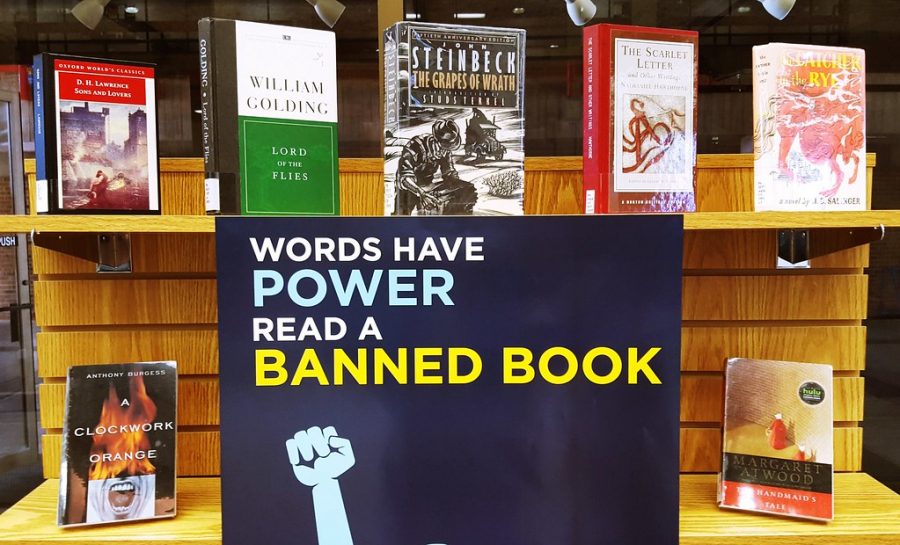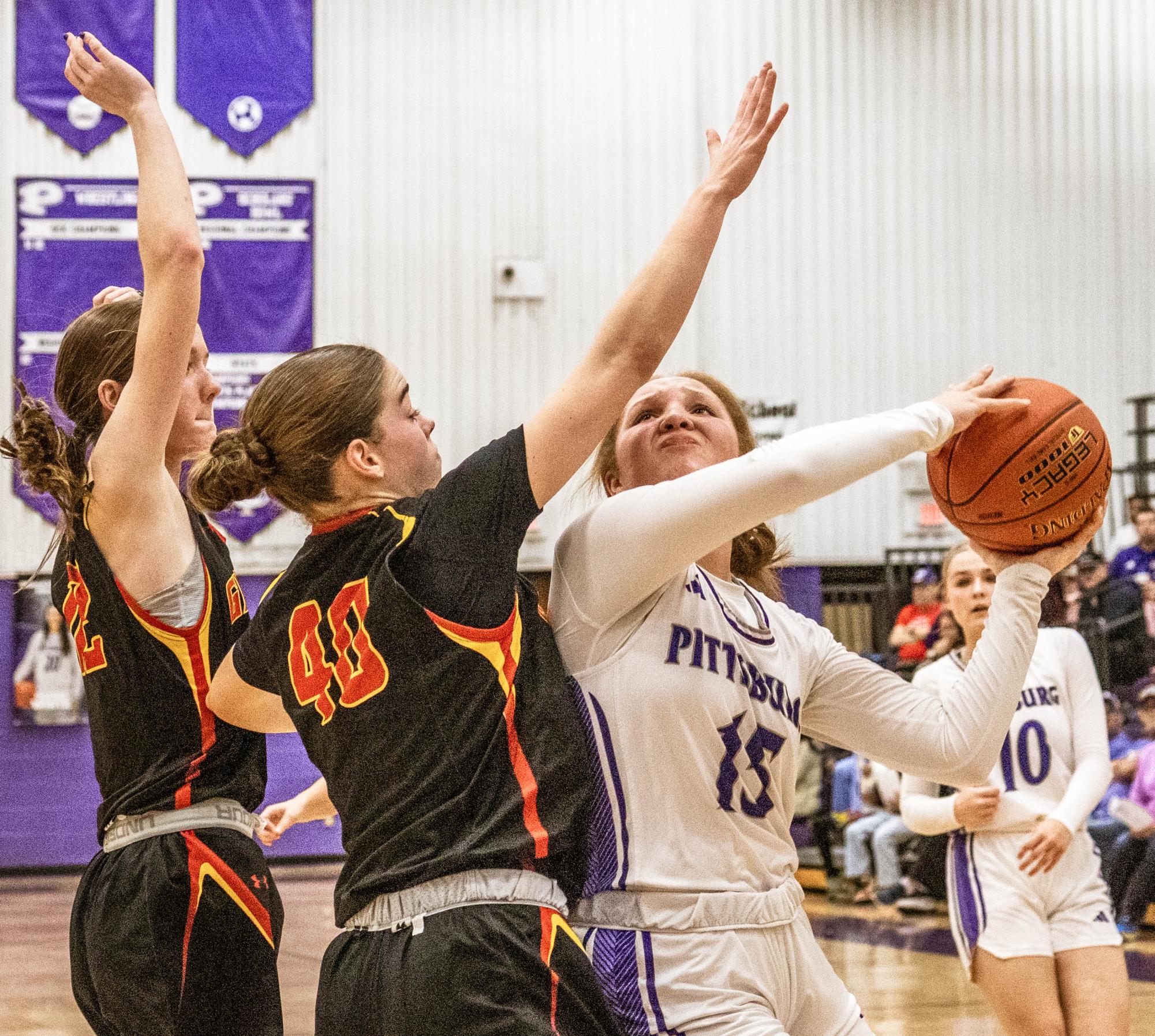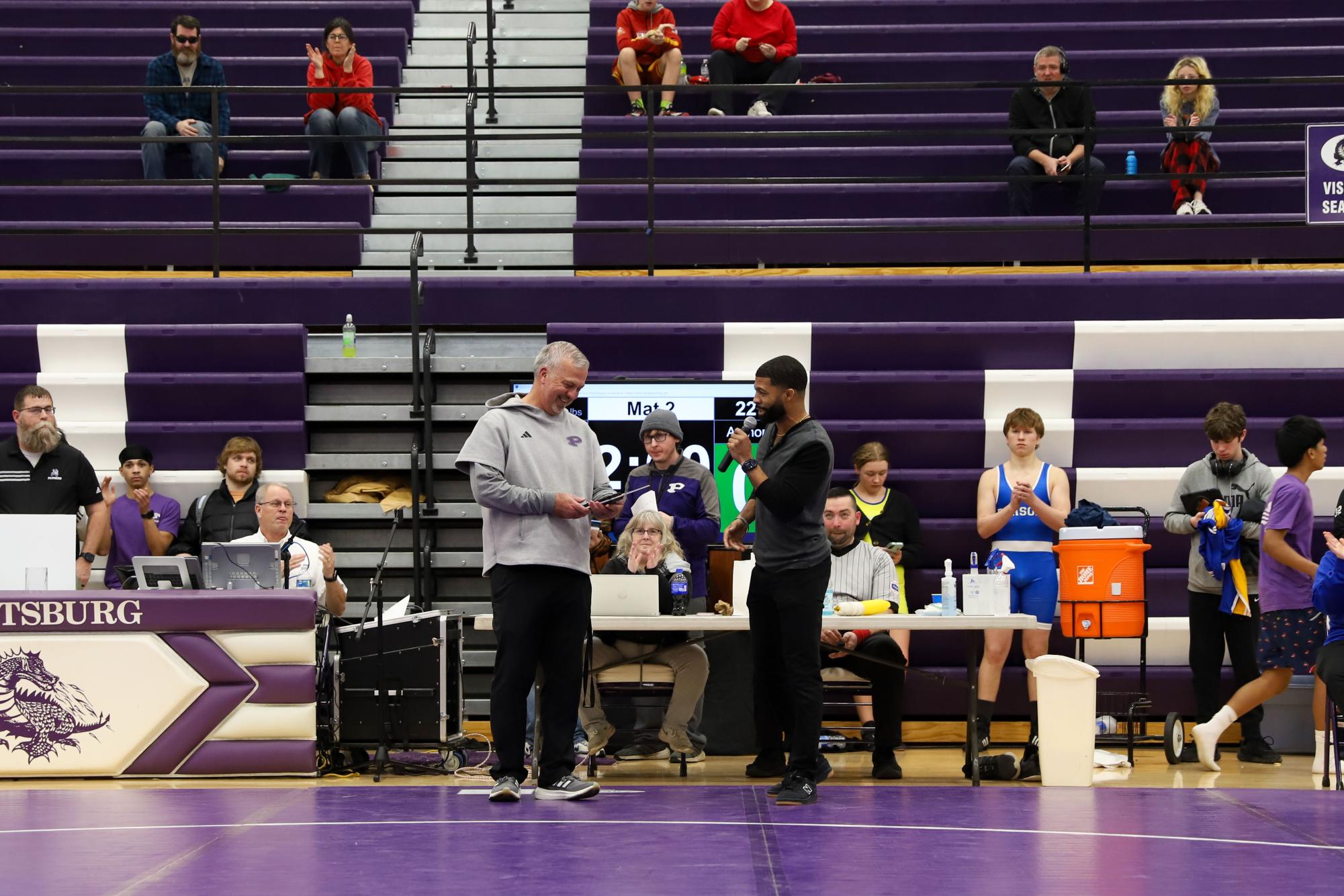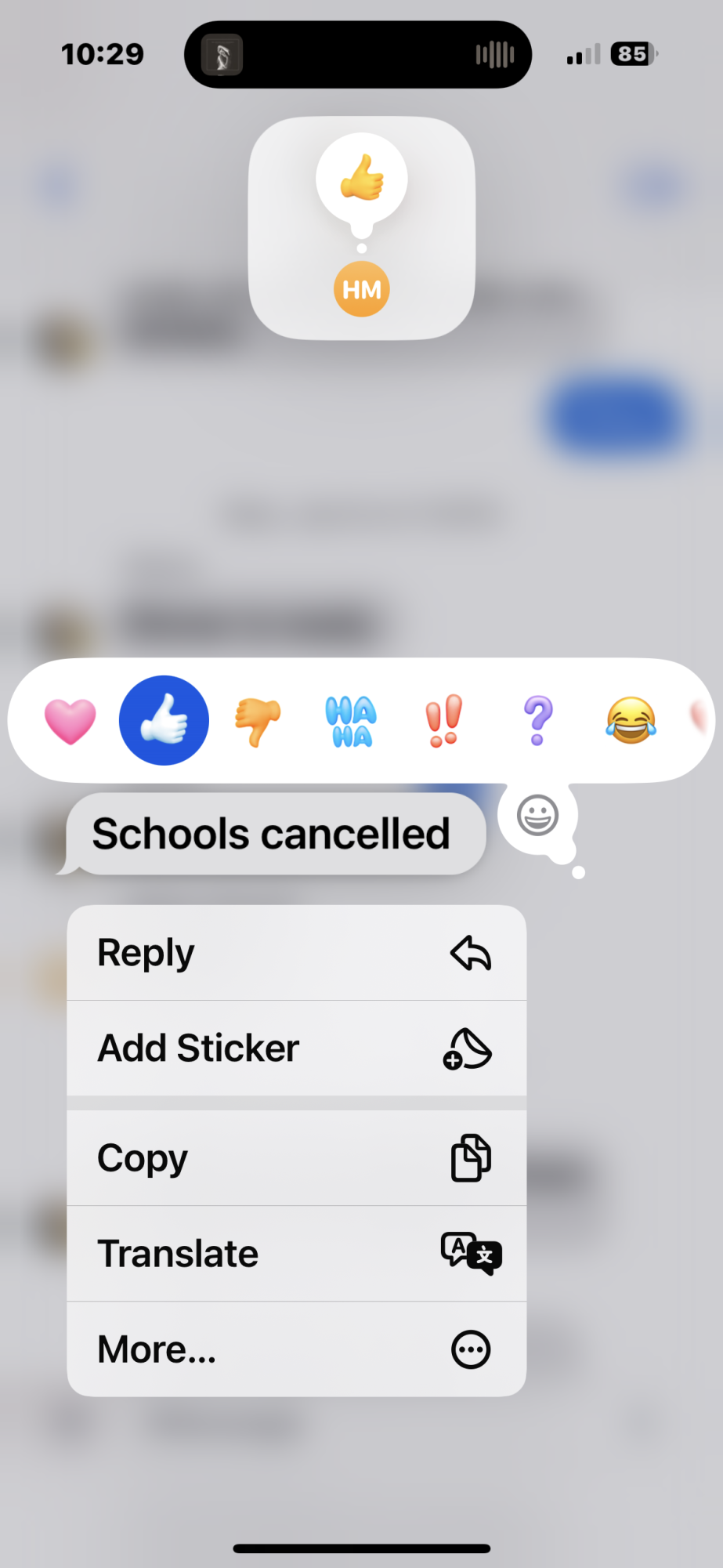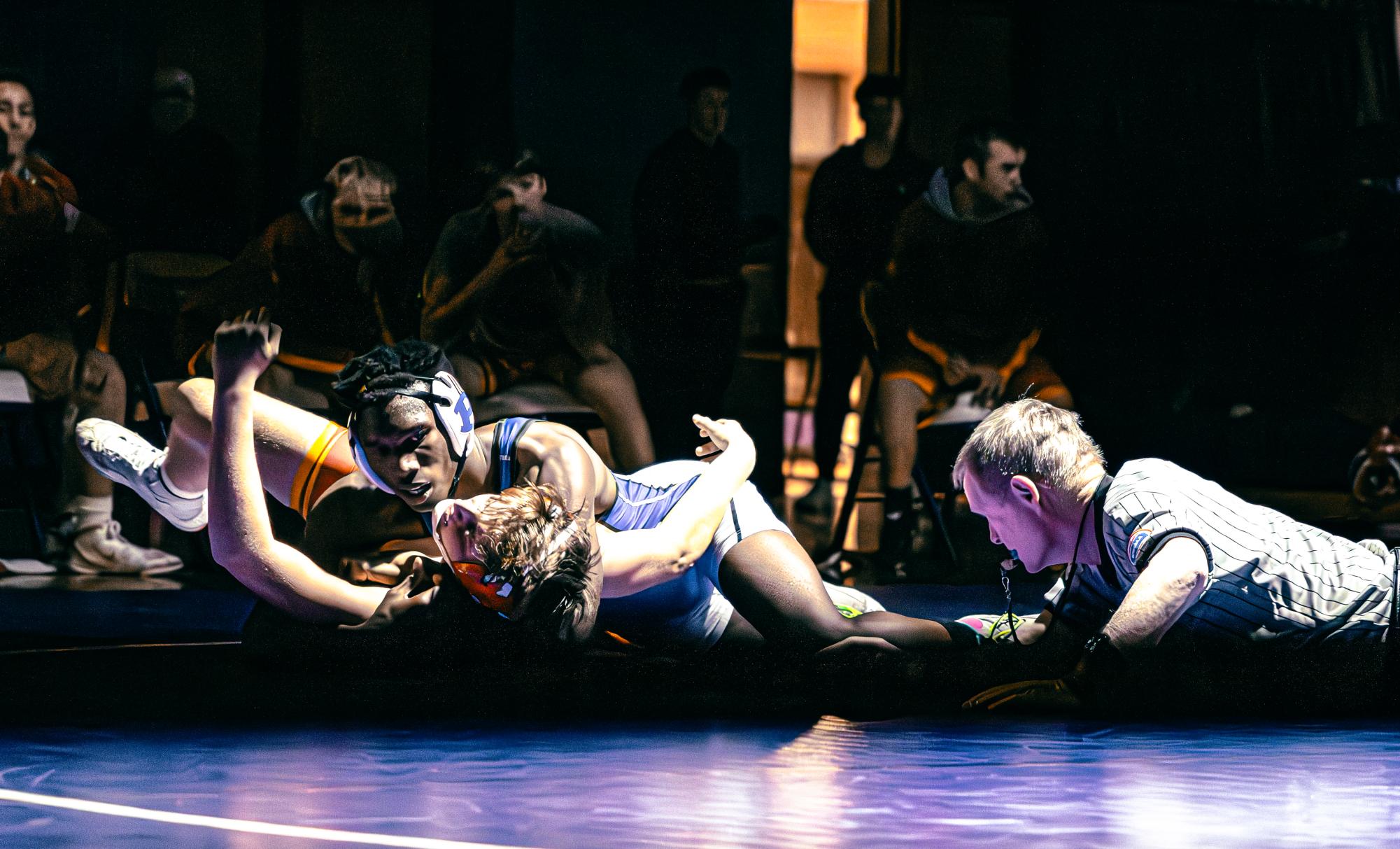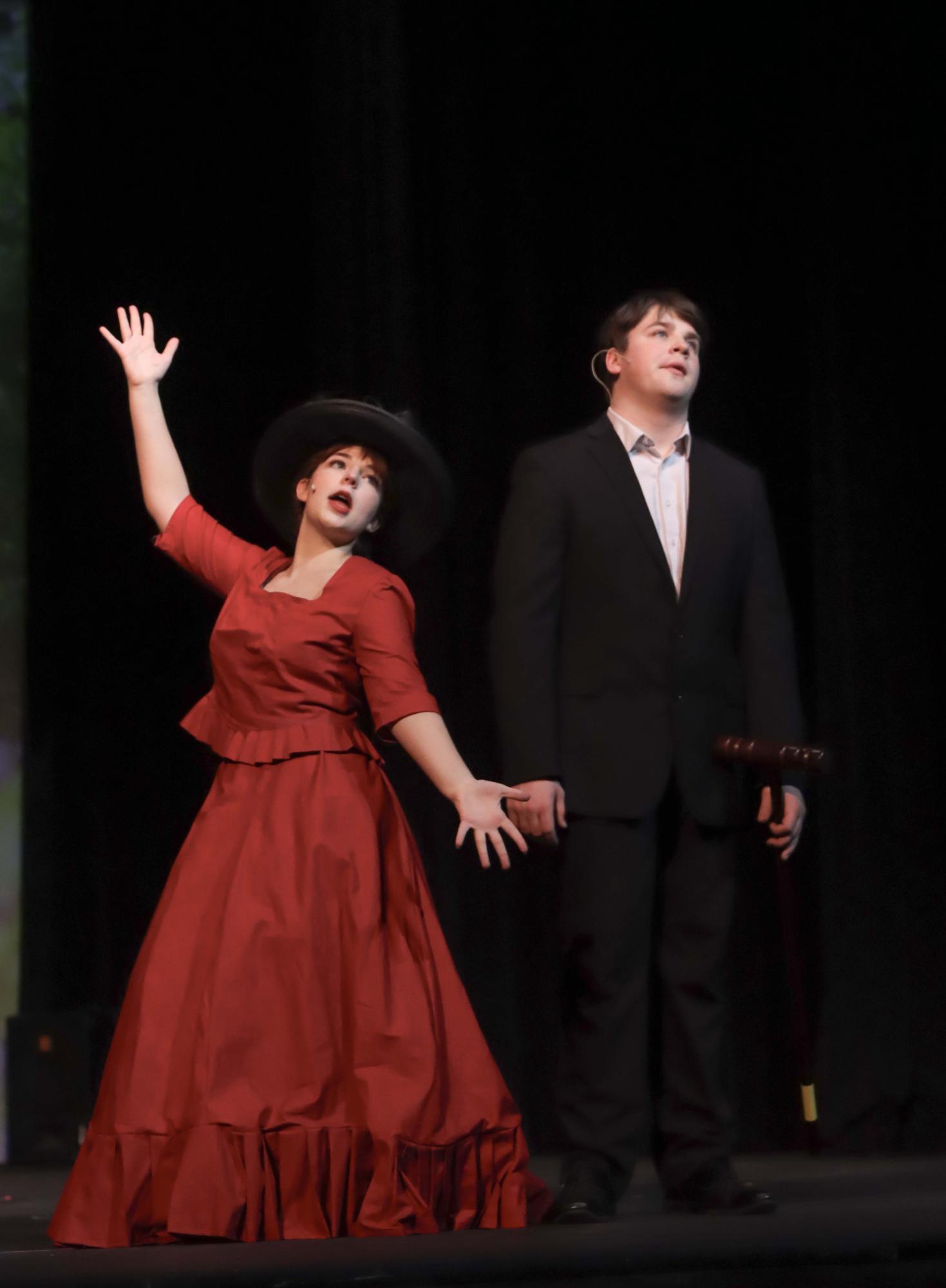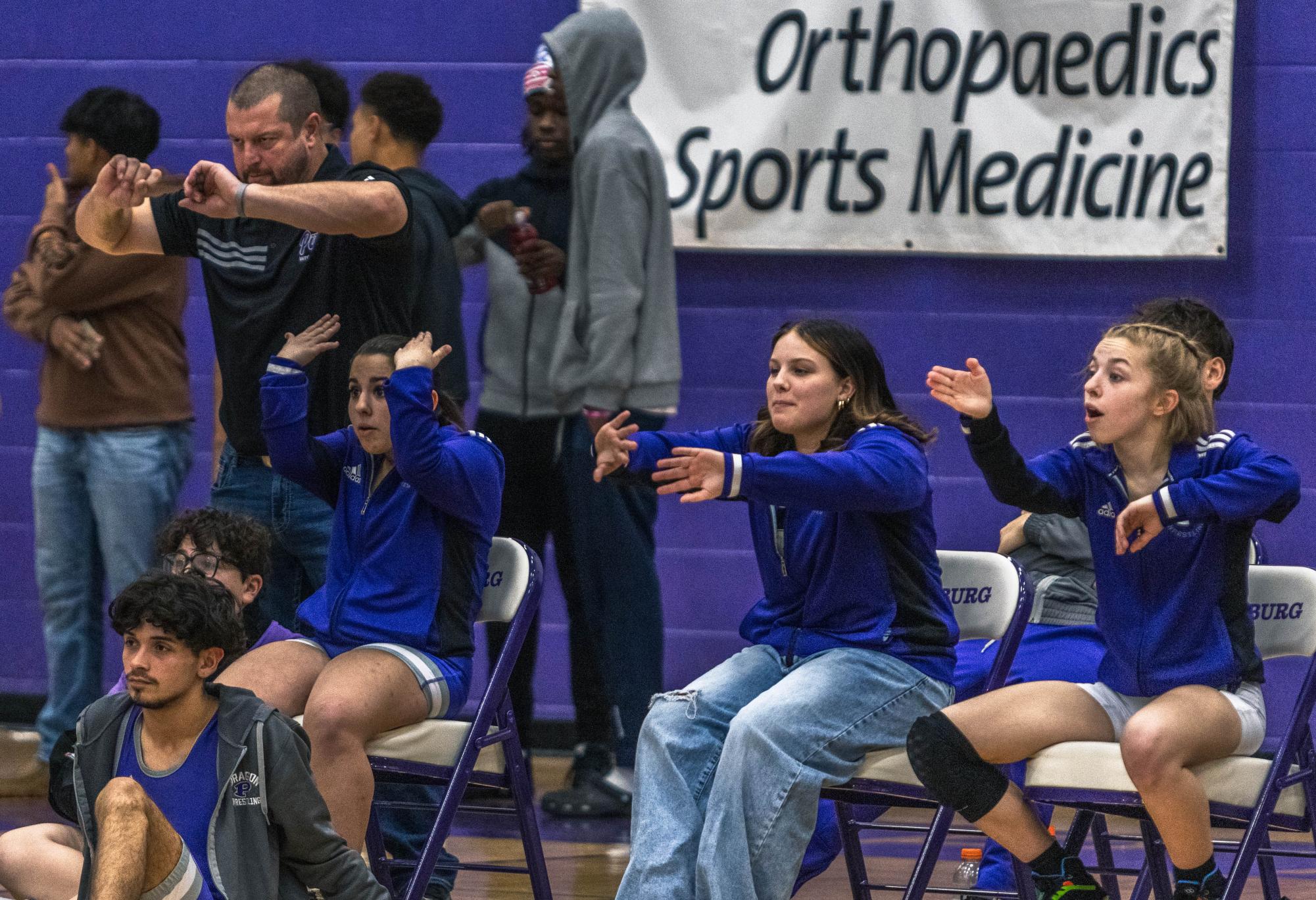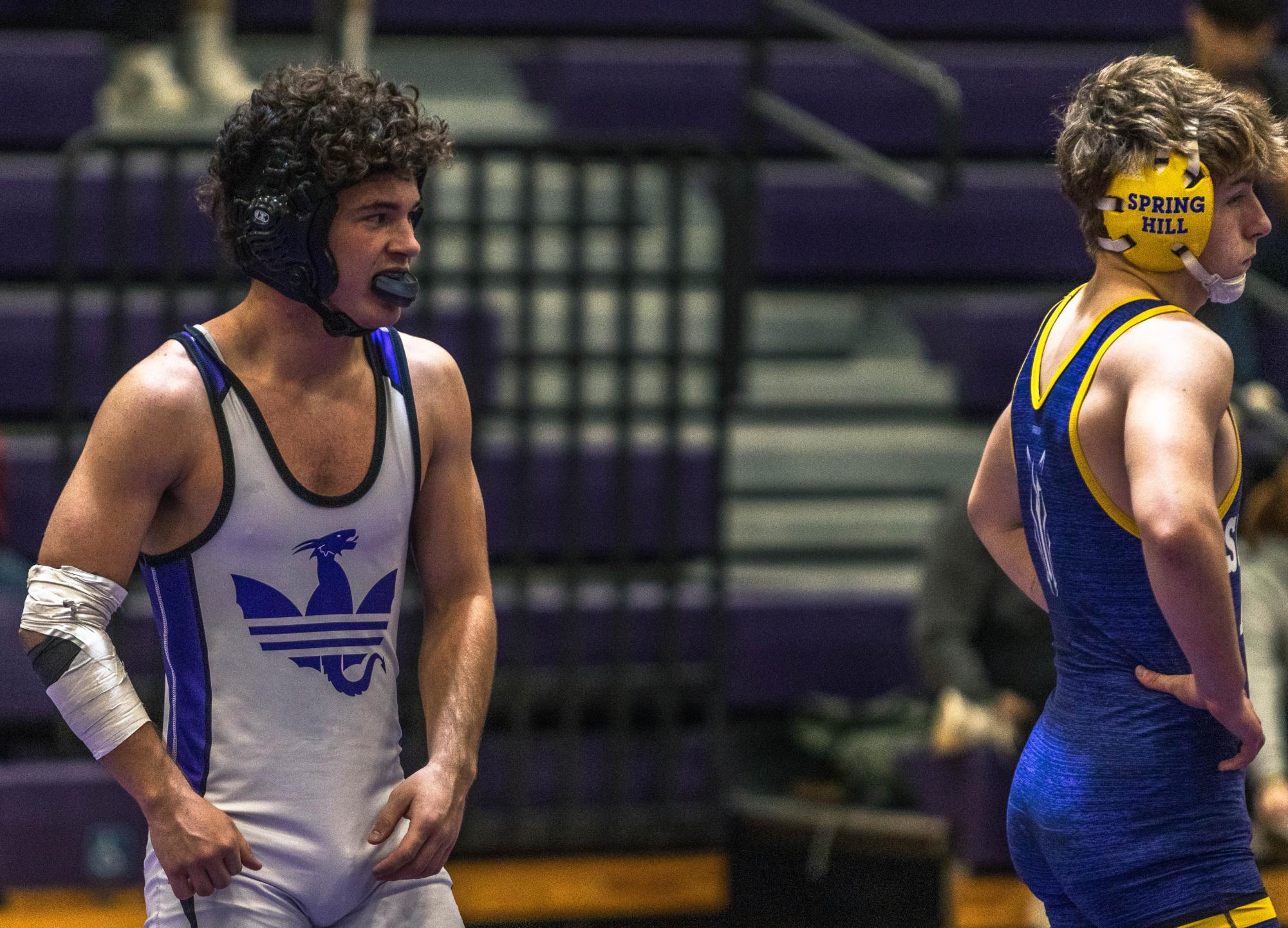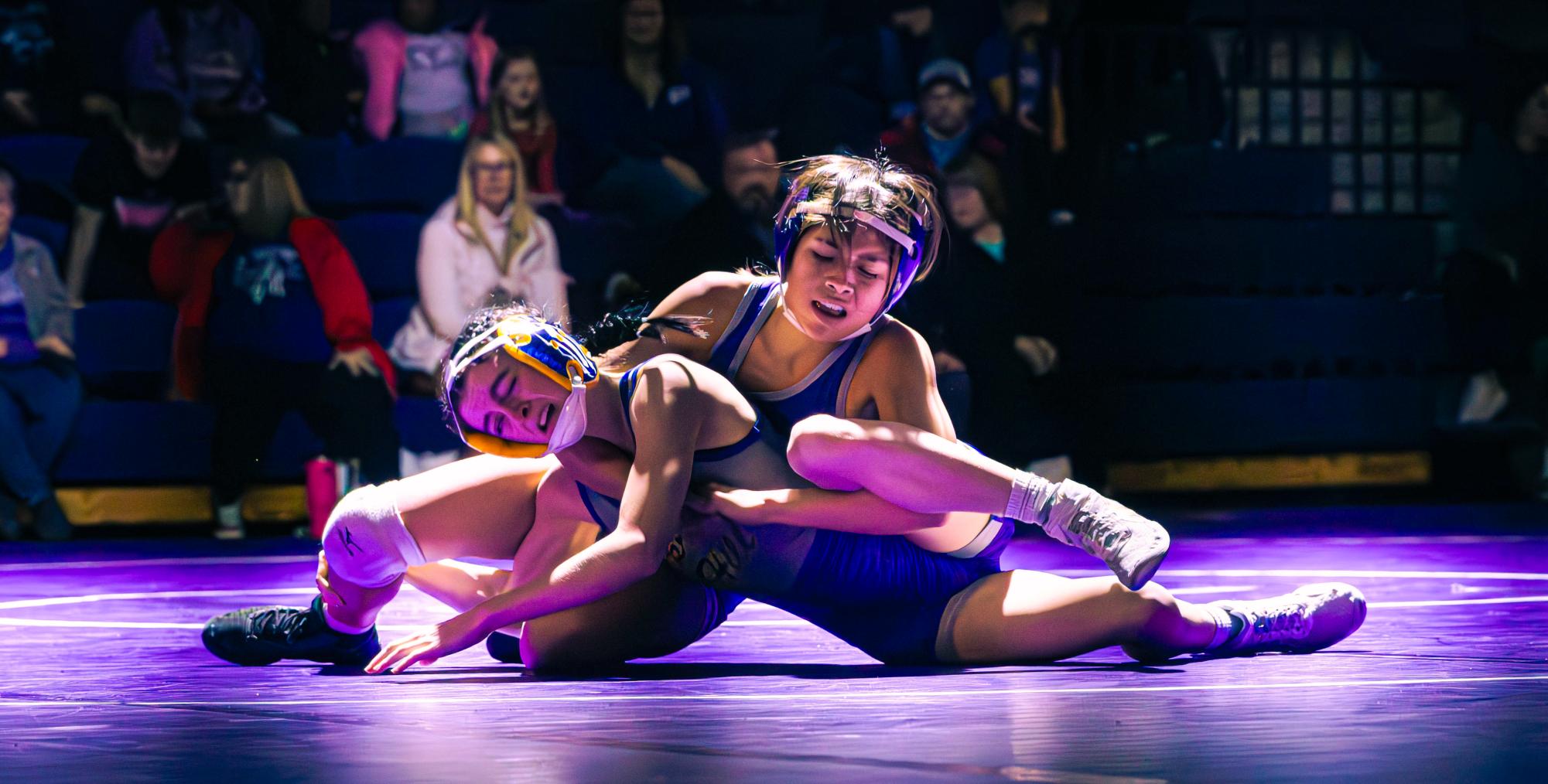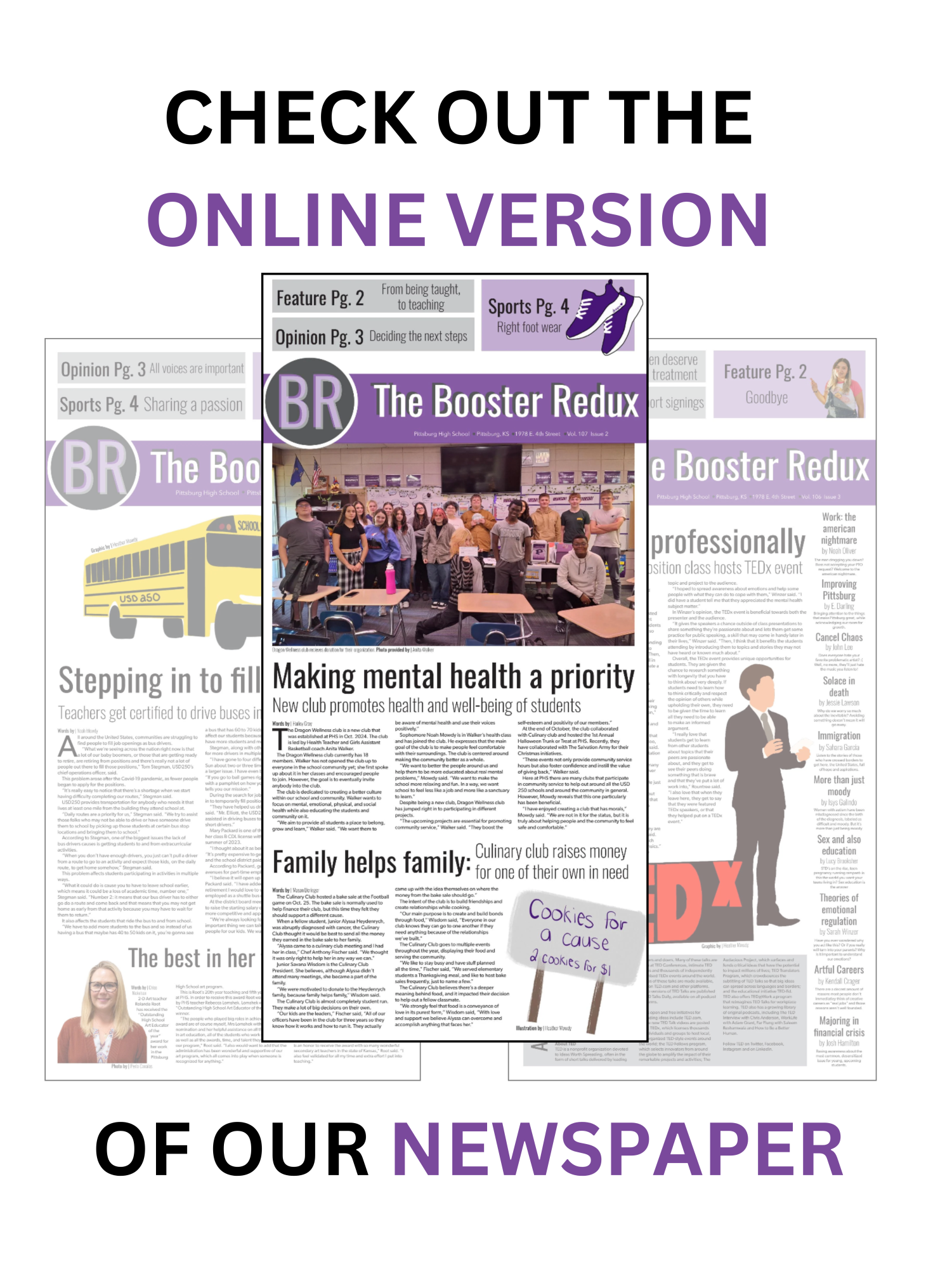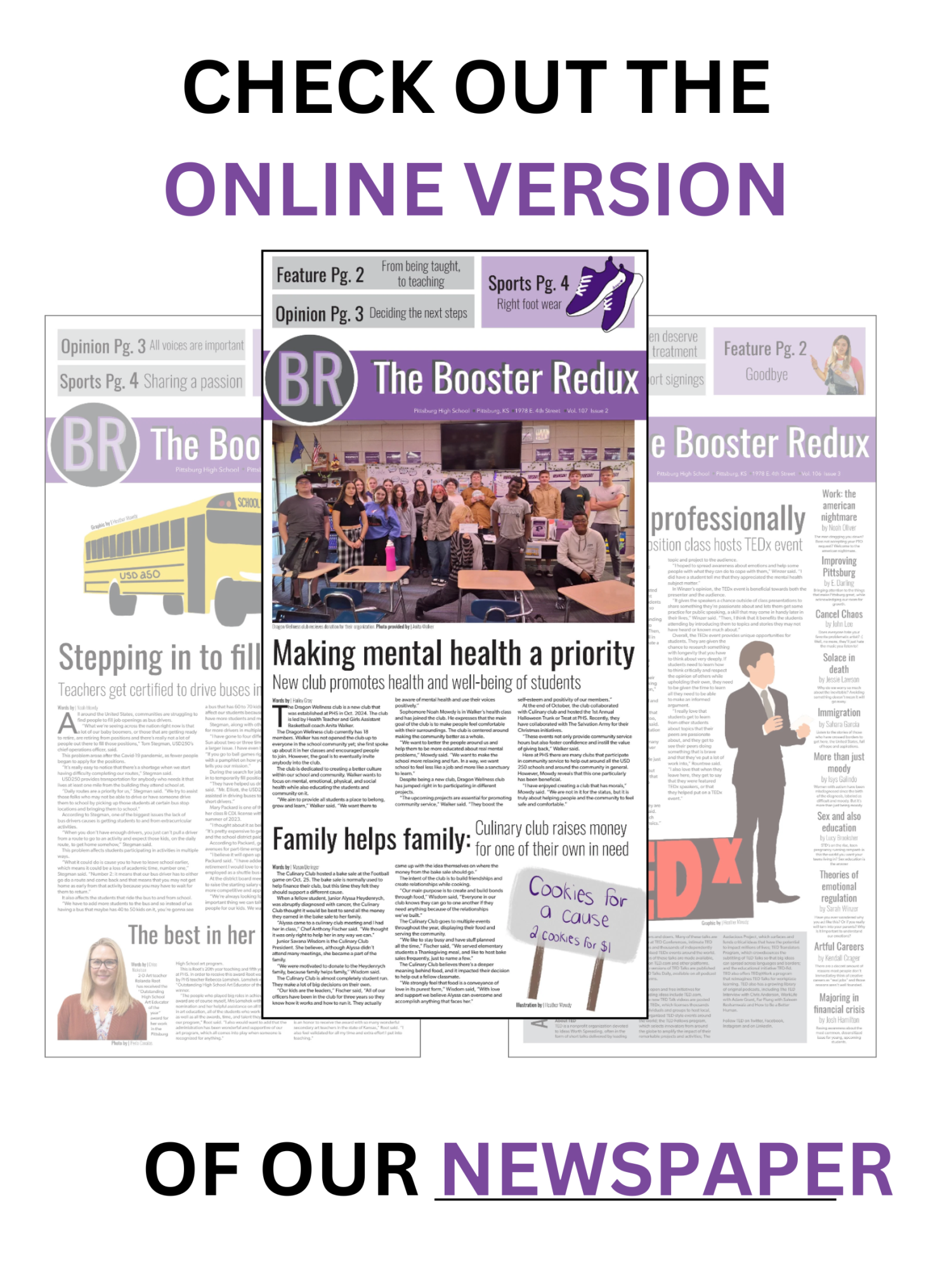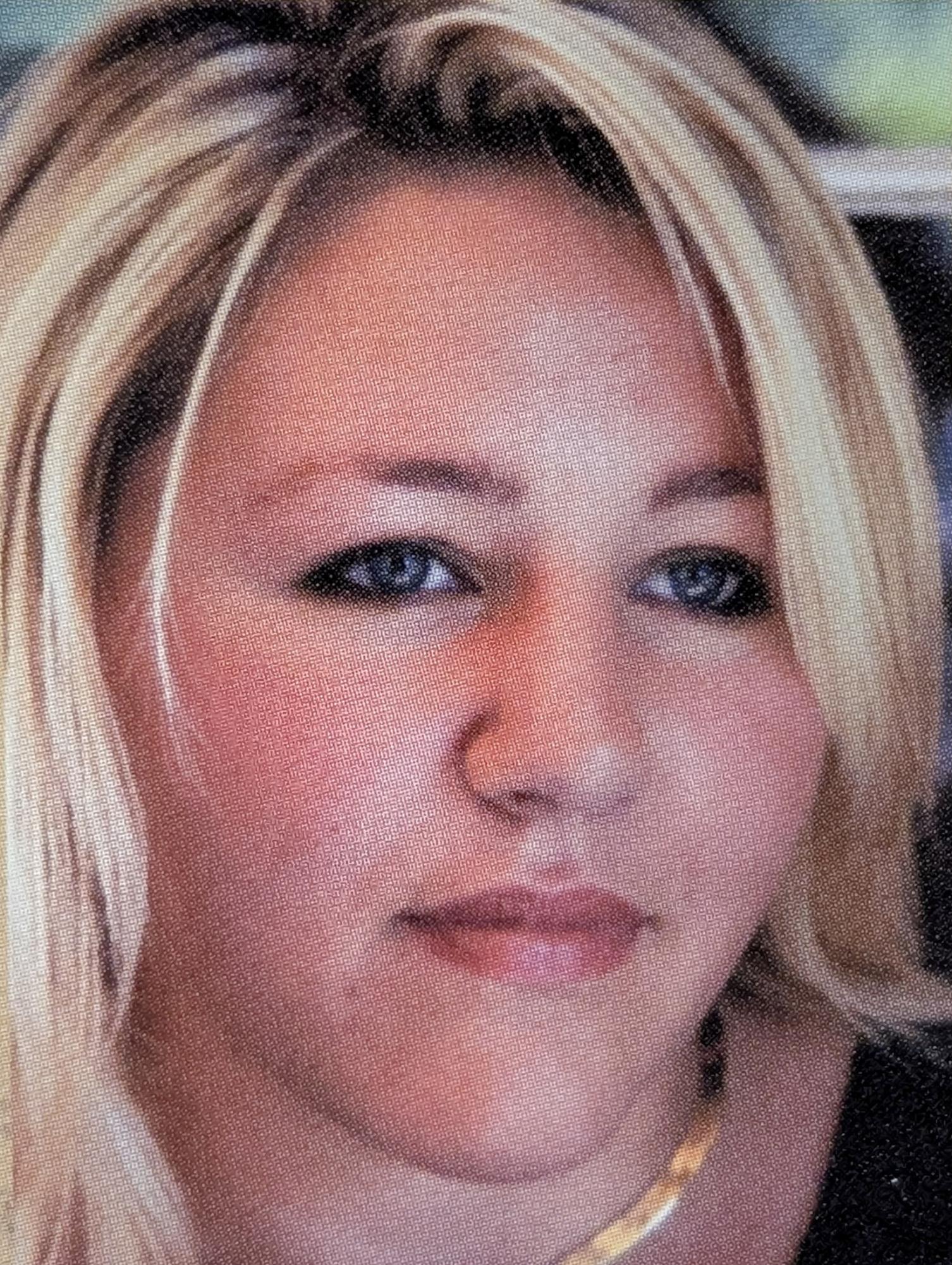Banned Books
Photo by: As
Featured above is a stand with a few of the frequently banded in schools today.
September 25, 2019
You’ve heard debates about whether or not we should ban energy drinks and even cell phones, but what about books? That’s right, schools across the globe are pushing to restrict what reading material is allowed to be taught in their English and literature classes. If you remember reading Of Mice and Men in ninth grade English, then you probably also remember those times the teacher had to skip over a word or two while reading.
At Skyline High School in Scottsboro, Alabama, the teachers don’t just skip over the profanity, they aren’t allowed to read it all together. In 1983, the school district completely banned Of Mice and Men from all classroom curriculum. Books can be banned for many reasons – they may contain profanity, maybe they have a sex scene or explicit language, sometimes a few racial slurs. So why should you care what a high school in Alabama can and can’t read? Because it’s not just Skyline High school and it’s not just one book.
Since 1982, roughly 11,300 books have been challenged or banned from schools, libraries and bookstores. Some of these include Brave New World, To Kill a Mockingbird, Catcher in the Rye and The Adventures of Huckleberry Finn. I strongly believe that banning books in high schools encourages ignorance in students and is not the ideal way to deal with literature containing profanity and mature content. While I do agree that high school students should not be exposed to the kind of mature content some books are banned for, I don’t agree that we should discard the books entirely. Many schools suggest that banning a book from their classrooms is acceptable because ‘if a student wants to read it, they still can on their own time.’ But hear this: if a student is allowed to read profanity and mature content without a safe environment or guiding hand, is the school doing what a school is meant to do? No, a school is meant to educate even if it’s tough or a little uncomfortable, not pass over the things they deem too sensitive. Instead of disregarding the books in question, schools should require a teacher or counselor to explain why the profanity and racial slurs were written are wrong. Schools should use these books as a way to raise awareness for things students may encounter later in life. By doing this, students are not only allowed the chance to read classic literature, but they gain a new understanding of what’s right and wrong and how to deal with uncomfortable topics. Students can’t be expected to survive and flourish in a society where the content in banned books is prone to happen when they haven’t been given the opportunity to be exposed to this content in a safe environment.


